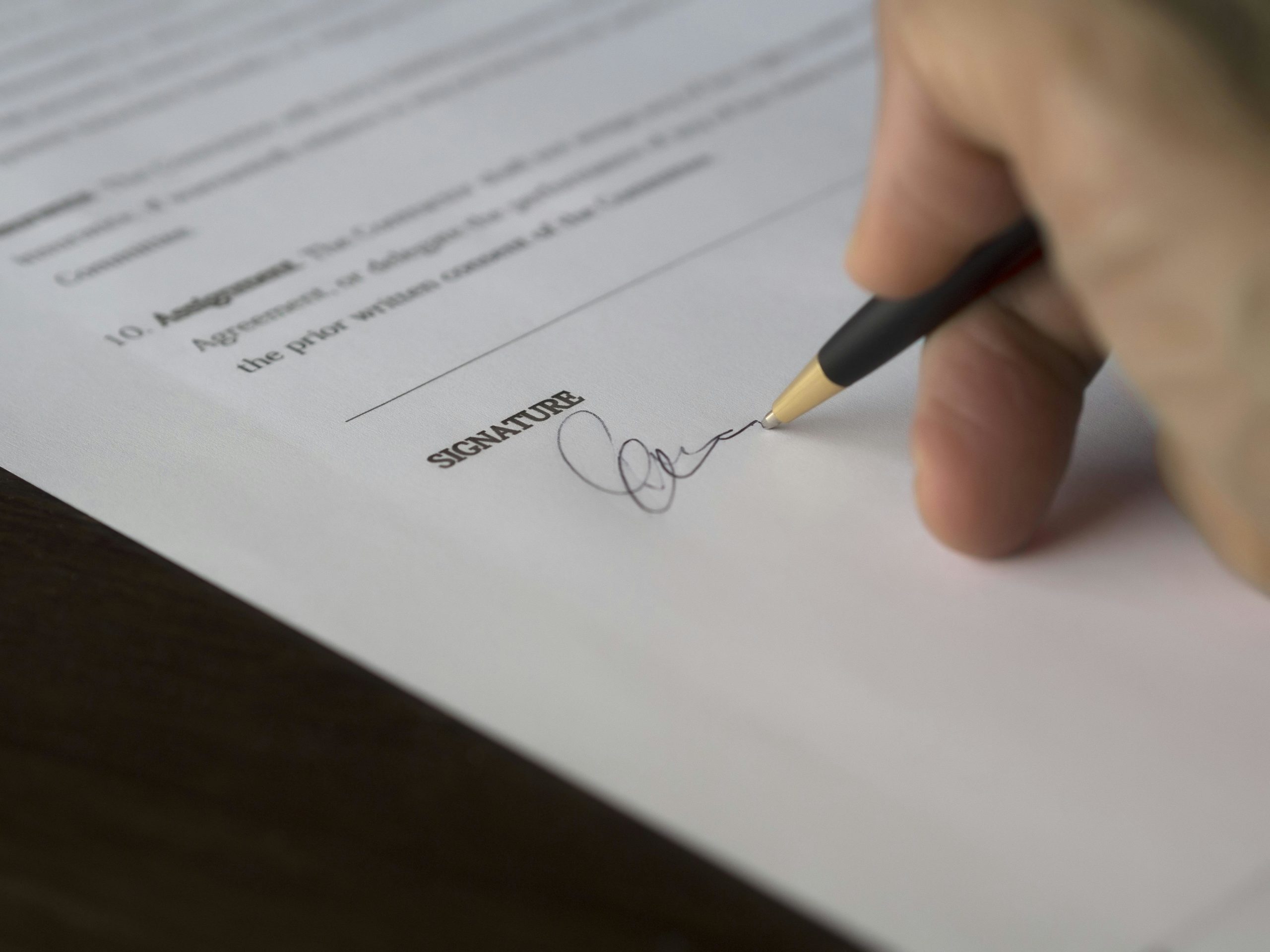Pension schemes on the Isle of Man are established as trusts which are run by pension trustees and/or administrators, for the benefit of beneficiaries in accordance with a trust deed and rules, after assets have been placed into the scheme by way of contributions. Being a trustee of a trust is itself an onerous office to hold, due to the fiduciary duties to which trustees are subject, and being a pension trustee of a pension scheme is even more onerous due to the nature of a pension scheme as a structure which holds and manages people’s wealth and which is regulated by the Isle of Man Financial Services Authority. It is therefore imperative that pension trustees understand their duties and obligations in respect of pension schemes.
Who can be a pension trustee?
In the Isle of Man there are two types of pension trustees which could be appointed, namely:
- individual trustees; or
- corporate trustees.
who must be fit and proper persons in each case.
Further, trustees (whether individual or corporate acting through the directors of a corporate trustee) can either be lay trustees (not usually remunerated for their services as trustee) or professional trustees (appointed and remunerated for their professional services as trustee).
Why are pension trustees appointed?
When a trust-based pension scheme is established, trustees are appointed to look after pension contributions which are paid into the scheme, and which become legally owned by the trustees, who are required to protect and manage the pension scheme assets for the benefit of the members (who retain beneficial ownership of the pension scheme assets). As the legal owners of the pension scheme’s assets, trustees accordingly have strict obligations under trust and pension laws.
How are pension trustees appointed?
Trustees are appointed, retire, and removed in accordance with the terms of the scheme trust deed. Notice of any removal or replacement of a trustee must be given to the Isle of Man Financial Services Authority (the “Authority”), which must give its approval (or one month must elapse from the date of the notice to the Authority without receiving written notice from the Authority that the proposal is not approved.
What do pension trustees do?
Generally, a pension trustee is responsible for holding, managing and administering pension scheme assets and ensuring that the pension scheme is properly run, for the benefit of the members. The specific duties and powers of pension trustees are set out in the trust deed and rules, trust law and pension specific legislation and regulations. In the case of corporate trustees, the articles of association of the limited company will also prescribe powers and duties of the directors fulfilling the role of trustees.
Duties of Pension Trustees
The role of any trustee is one of responsibility and all trustees will have fiduciary duties which they are generally required to comply with in carrying out their functions, such as:
- familiarising oneself and complying with the terms of the trust documentation;
- avoiding conflicts of interest between their own interests and that of the members;
- ensuring that they are informed of all relevant information before making decisions;
- recording all transactions;
- acting honestly and in good faith;
- acting in the best interests of the members; and
- exercising reasonable care and skill, in line with their own knowledge and experience.
In addition to the general fiduciary duties of trustees, pension trustees are subject to further specific duties of care and skill which are owed to members in the administration of a pension scheme. These include:
- the duty of disclosure in terms of which pension trustees should declare any conflicts or interests in the scheme before, upon and after appointment as a pension trustee;
- the duty to familiarise oneself with not only the terms of the pension scheme documentation and the pension scheme assets, but also general investment and funding principles, pensions law and trust law;
- the duty to act in accordance with the terms of the pension scheme documents, trusts and pensions law;
- the duty of control and possession in terms of which a pension trustee should ensure that they have control of the pension assets on appointment, take steps to protect and care for the scheme assets and ensure that all funds are paid and received when due;
- the duty to act with prudence and actively manage the pension scheme assets;
- the duty to act personally (independently) and collectively with the other trustees;
- the duty to take expert advice on technical matters or matters of uncertainty; and
- dispositive duties in distributing assets to scheme members and investment duties.
Aside from the main duties listed above, the Retirement Benefits Schemes Act 2000 (the “Act”) and various pensions’ regulations also set out certain duties of pension scheme trustees, such as the duty to prepare and submit annual accounts to the Authority and the duty of a trustee of certain schemes to appoint a scheme auditor, actuary and investment manager. There are also duties in the Act in relation to aspects such as funding, contributions and notifying the Authority of any changes in the scheme.
Liability
Becoming a pension trustee is an onerous position to hold and pension trustees may be held personally accountable to members in respect of any losses to the trust arising from a breach of their duties. Further, the Act imposes liability for breaches by trustees of its provisions and in terms of which a trustee could be held guilty of a criminal offence and liable to a fine (no maximum) or to a term of custody of up to two years, or both.
If you would like further information on this subject please contact Annemarie Hughes or Rachel Winterbach.
Rachel Winterbach
Download the PDF version of this article here
Disclaimer
The information and/or opinions contained in this article is necessarily brief and general in nature and does not constitute legal or taxation advice. Appropriate legal or other professional advice should be sought for any specific matter. Any reliance on such information and/or opinions is therefore solely at the user’s own risk and DQ Advocates Limited (and its associates and subsidiaries) is not responsible for, and does not accept any responsibility or liability in connection with any action taken or reliance placed upon such content.






